Written by: Mike Tandlich, MD (NUEM ‘24) Edited by: David Feiger, MD (NUEM ‘22)
Expert Commentary by: Michael Schmidt, MD
Expert Commentary
While EMTALA was first enacted to address issues with “patient dumping”, it has had broad influence on how patients are treated, dispositioned, and transferred in emergency department and hospital settings. In addition, EMTALA law has taken on almost mythic proportions among healthcare workers and administrators, likely due to high-profile cases, the fear of potential violation of the law and subsequent penalties, the potential for it to bolster civil malpractice claims, misunderstanding of it by healthcare personnel, and variability in interpretation by regulatory bodies.
Emergency physicians are often called upon to make decisions as the default expert in EMTALA for patients presenting for emergency care or in fielding hospital transfer calls. Unfortunately, on-call specialty physicians involved in the acceptance of transfers, and even hospital transfer centers, may not have a good understanding of the statue. As such, emergency physicians who are not versed in EMTALA can put both the hospital and themselves at risk.
The infographic by Dr. Tandlich gives an excellent summary of EMTALA. In addition, it is imperative that hospitals and emergency departments establish clear processes and appropriate documentation for EMTALA-related situations. More specifically, important concepts to consider include:
When conducting a medical screening exam (MSE), approach it as a process with consistent implementation for all patients and understand this often includes more than just a physical exam
When accepting transfers from outside hospitals, do not solely rely on on-call physicians to make the decisions
When transferring patients to outside hospitals, make clear the reasoning, the patient status, and the risks and benefits
It behooves emergency physicians, emergency department staff, and transfer centers to understand the basic concepts around EMTALA. Overall, the best advice is to do that which is in the best interest of the patient, as this will usually lead to the right decision.
Michael Schmidt, MD
Chief of Staff
Department of Emergency Medicine
Northwestern Memorial Hospital
How To Cite This Post:
[Peer-Reviewed, Web Publication] Tandlich, M. Feiger, D. (2022, Oct 31). EMTALA. [NUEM Blog. Expert Commentary by Schmidt, M]. Retrieved from http://www.nuemblog.com/blog/emtala-transfers











